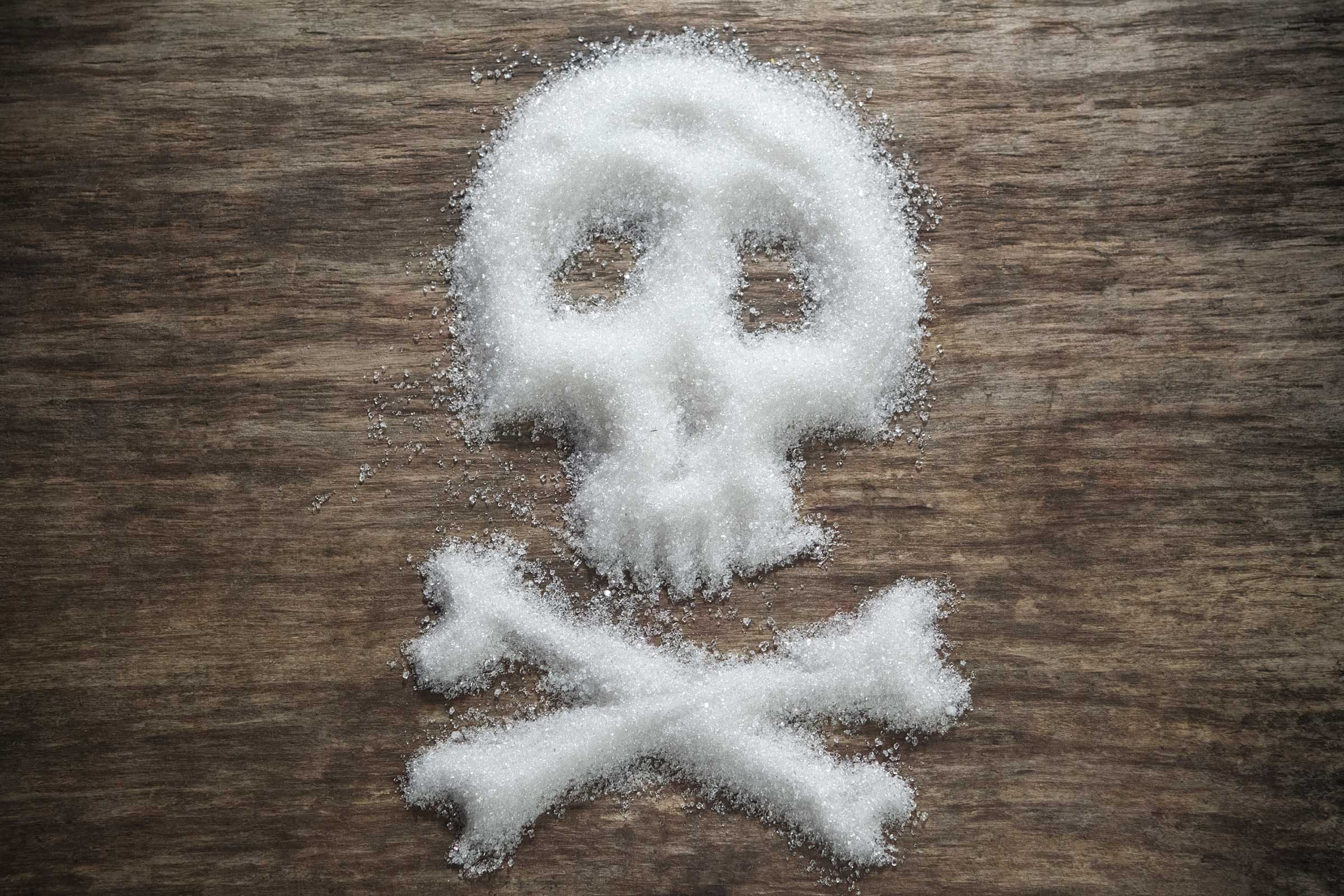
Consuming too much sugar
By now you’ve heard time and again how bad sugar is for you. It’s been linked to obesity, heart disease, diabetes—and now also cancer. According to a study done at the University of Texas MD Anderson Cancer Center, high amounts of sugar in today’s Western diets may increase the risk of breast cancer. (Learn the symptoms of breast cancer to watch for.) The study found that sugar levels in mice comparable with levels in Western diets led to increased tumor growth. “While done on mice, the researchers did try to make the study as close as possible to what happens in humans,” says Leslie Bonci, MPH, RDN, owner of Active Eating Advice. “The mice were fed sugar in doses similar to what Americans eat daily and these mice were genetically predisposed to breast cancer.” The culprit appeared to be fructose, as it exacerbated the inflammatory process. Stick to natural sugar found in fruit and avoid sugar-sweetened beverages, tabletop sweeteners, candy, and desserts. Plus, load up on these 30 foods that help prevent cancer.

Drinking HOT beverages
Are you the person who orders their morning coffee extra piping hot? You may want to think twice. A systematic review in the International Journal of Cancer of studies on the temperature of beverages found that hot drinks could increase the risk of esophageal cancer. “The theory is that high temperature causes thermal irritation of the esophagus, perhaps predisposing to carcinogenic changes in the esophagus,” explains Bonci. If you can’t drink it any other way, “consider decreasing the amount you consume, so overall, you will not irritate the esophageal mucosa as often,” suggests Bonci. Don’t miss these other foods cancer doctors try never to eat.
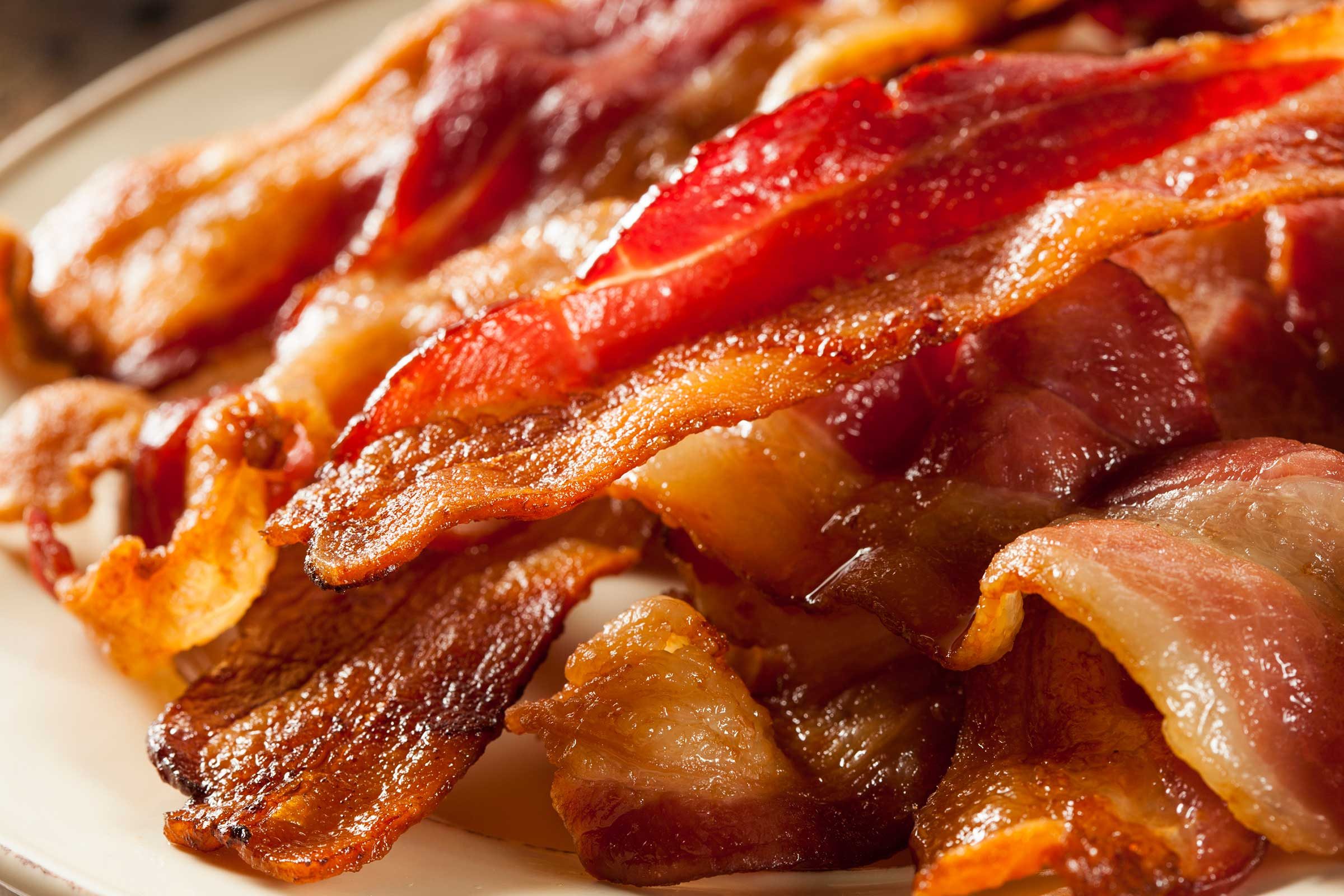
Eating processed meats
We’re talking about meat that has been cured, salted, or smoked, mainly to help preserve it (read: cold cuts). The International Agency for Research on Cancer evaluated the carcinogenicity of processed meat and found it to be carcinogenic to humans based on evidence that eating it can cause colorectal cancer. They found that quarter-pound portion of this processed meat can up the risk of colorectal cancer by 18 percent. The issue mainly seemed to be with the amount of meat consumed, which means that you don’t need to go cold-turkey vegan. But it’s smart to limit the amount of processed meats you consume, suggests Bonci. “Pick lean red meat instead, which is a great source of protein, iron, and zinc,” she says. Here are more tips for reducing your risk of colon cancer.
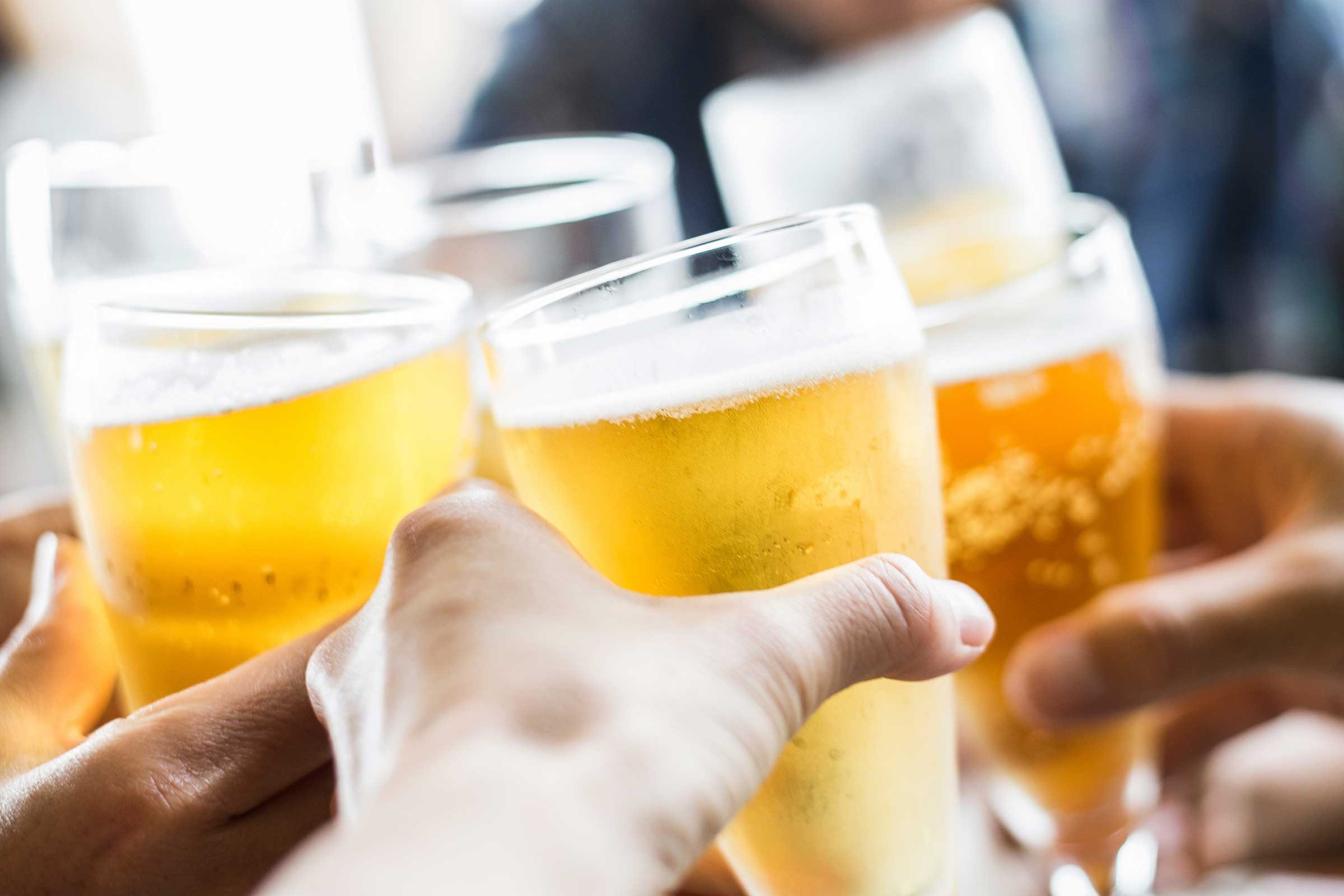
Imbibing too much alcohol
If you stick to a drink a day for women or two a day for men, alcohol has many, many health benefits. But drinking more than that can start affecting your risk of cancer and other diseases. According to the National Cancer Institute, based on reviews of many studies, there’s a strong scientifically backed link between alcohol consumption and a few types of cancer. “When alcohol is broken down in the digestive tract, it produces acetaldehyde, which is a toxic chemical,” explains Bonci. “Alcohol also generates reactive oxygen species, which can damage DNA, and alcohol impairs the body’s ability to breakdown and absorb nutrients, and can increase estrogen levels, increasing the risk of breast cancer.” Consider quantity and frequency when it comes to drinking. Remember that one drink means one 12-ounce beer, eight-ounce malt liquor drink, five-ounce glass of wine, or one-and-a-half-ounce shot of 80-proof liquor. Here are 50 more myths about cancer you need to stop believing.

Working the night shift
While more research still needs to be done on the topic, some studies have linked circadian-disruption from working nights (and therefore having possible sleep issues) with increased cancer risk. “I think a lot has to do with decreased immunity and low level inflammation,” says Sandra Lombardo, MD, general oncologist in New Milford, Connecticut. Though you can’t always choose your shift, it might be safe to pick days if you have the option. Make sure you know these 15 things oncologists do to avoid cancer.

Being sedentary
Those living a sedentary lifestyle may need to step up their game—literally. According to the Journal of the National Cancer Institute, physical inactivity has been linked to cardiovascular disease, obesity and, you guessed it, cancer. The relationship between total time sitting and increased cancer risk was proven. Be sure you’re moving daily, as exercise is extremely important. “It brings more oxygen and blood flow to the muscles and organs, which increases cell turnover, and optimizes waste removal,” says Michelle Yagoda, MD, otolaryngologist in New York City, who completed a six-month fellowship including research in head and neck cancer at Memorial Sloan-Kettering Cancer Center in New York City. A sedentary lifestyle robs the body of this important jolt to daily maintenance. Learn which other cancers you can prevent through exercise.
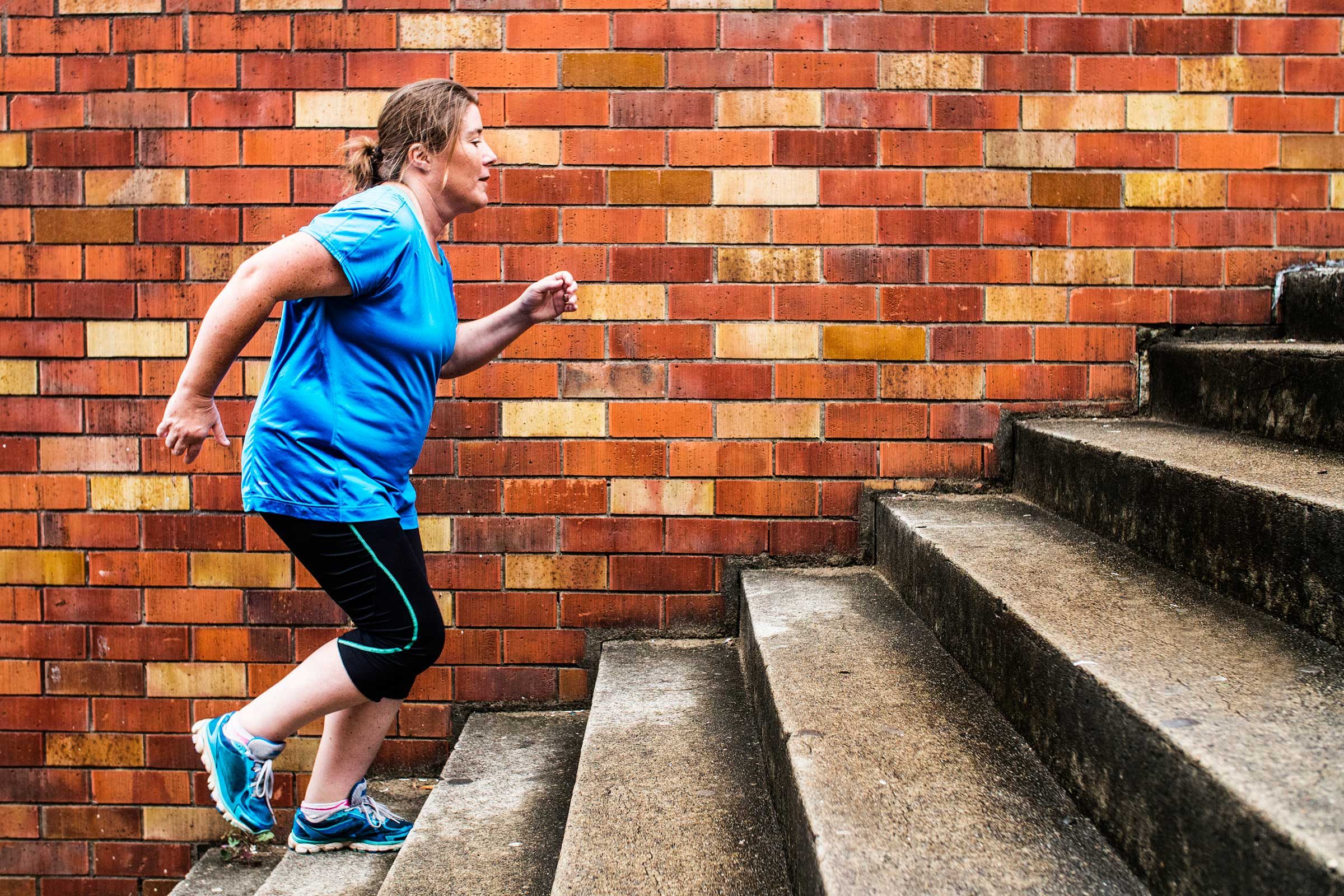
Living overweight
It goes along with being sedentary, but as the obesity rates continue to rise in America, it’s something more and more people need to be aware of. According to the National Cancer Institute, obesity has been associated with increased risks of esophagus, pancreas, colon and rectum, breast, kidney, and thyroid cancer, just to name a few. “In overweight women especially, fat cells can increase estrogen levels, increasing risk of endometrial and breast cancer,” explains Lombardo. Numerous studies have also found hormonal and inflammatory links between obesity and cancer. Don’t be sedentary, for one. Try to exercise daily and keep your diet in check. Here are more simple habits that cut your risk of breast cancer.
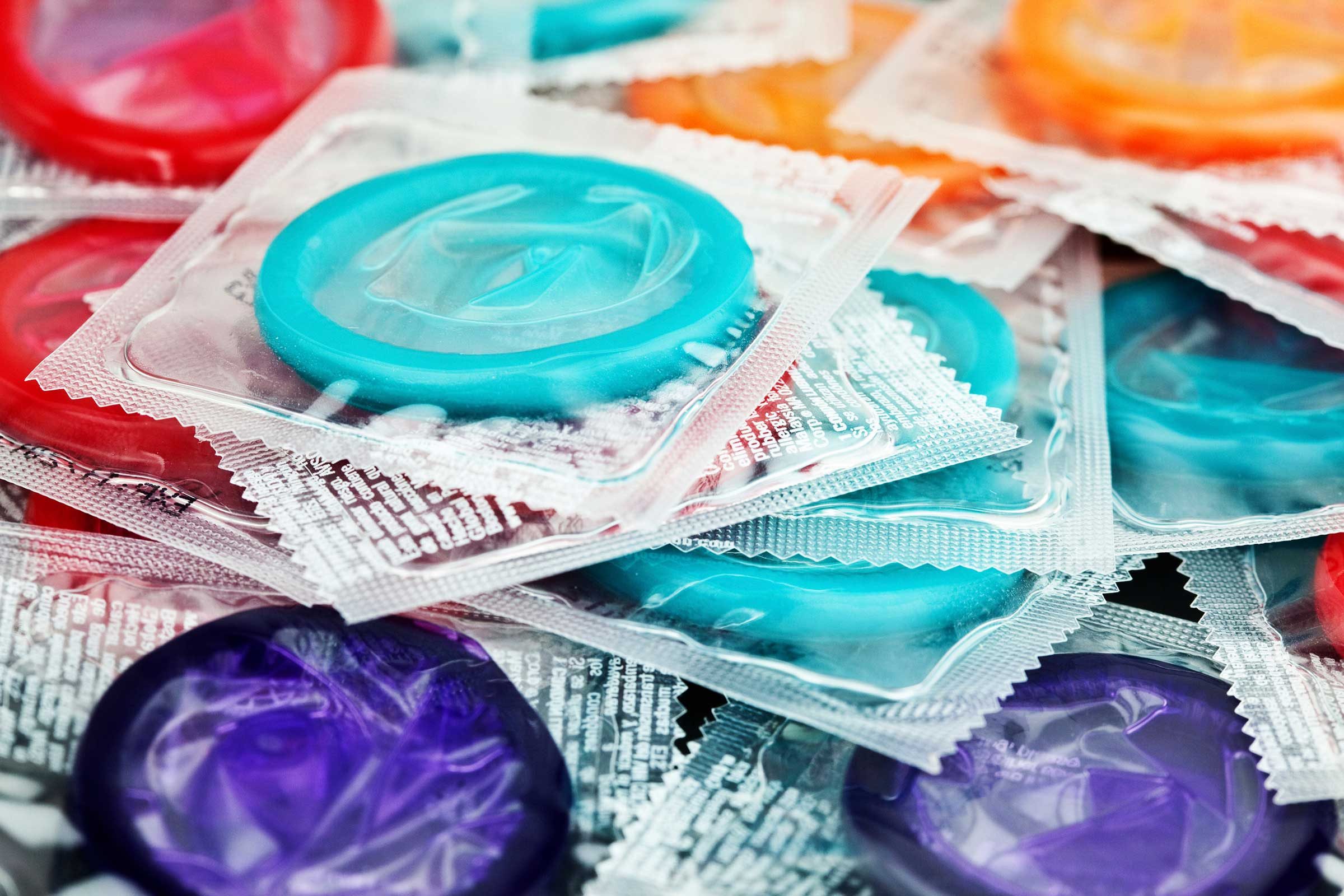
Having oral sex
Listen up ladies and gentlemen—human papillomavirus, also known as HPV, is the most common sexually transmitted infection in the United States. And studies have found that seven percent of Americans have oral HPV. Of those 7 percent though, only 1 percent have oral HPV that can ultimately cause cancer in the neck and throat, known as oropharyngeal cancers. HPV causes cells to become abnormal and it can result in cancer if not treated. There has not yet been much research done on how to prevent oral HPV, but using condoms and dental dams will lower the chances of passing or contracting the infection. Safe sex can be beneficial, though—find out how many times men need to ejaculate to prevent prostate cancer.
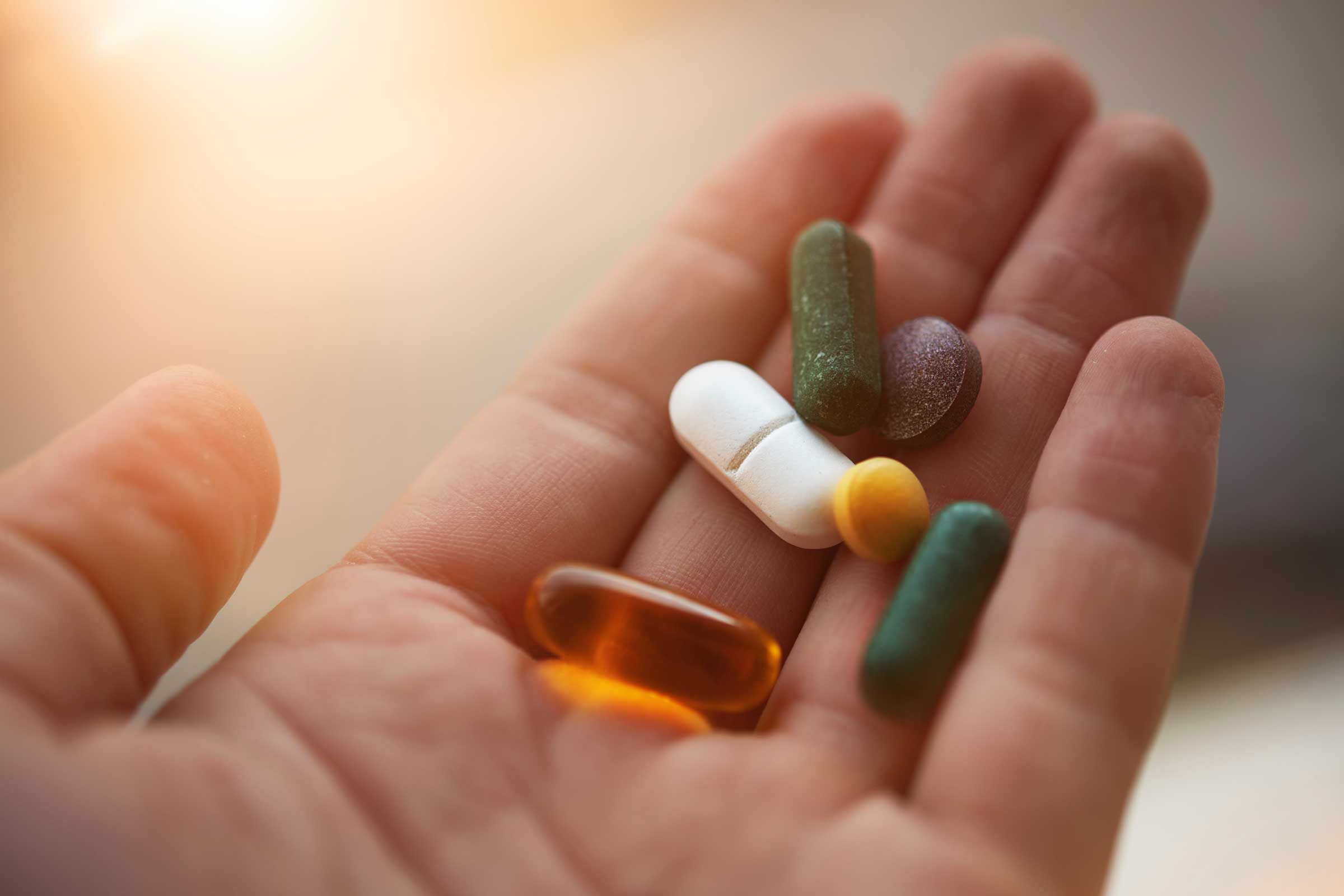
Taking supplements in excess
More isn’t always better—especially when it comes to dietary supplements. A study done last year found that excessive use of dietary supplements was linked to increased cancer risk. The study done at the University of Colorado Cancer Center found that when these over-the-counter supplements were taken in excess of the recommended amounts, they could actually increase cancer risk. “Supplements are supposed to be used to correct a deficit, not if someone’s micronutrient levels are normal,” says Bonci. Be aware of all the supplements you take and the recommended dosage. “If the amount of any of those is more than 100 to 250 percent of the Dietary Reference Intake, cut back,” suggests Bonci. Check out these other surprising things that raise your risk of cancer.
